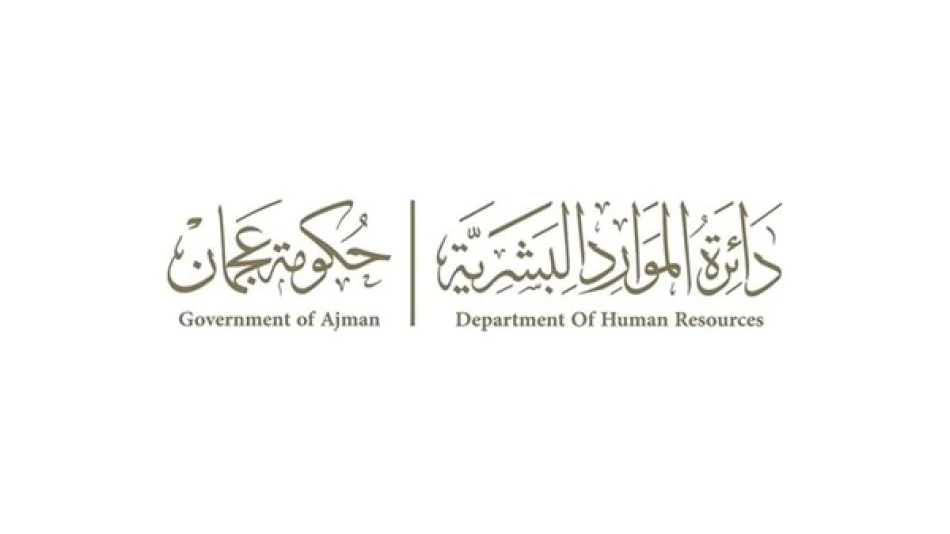
Ajman HR Boosts Work-Life Balance: Grants Employees 3-Hour Flexibility for New School Year
Ajman Government Pioneers Family-First Work Policy with School Year Flexibility
The Ajman Human Resources Department has introduced a groundbreaking workplace flexibility initiative that grants government employees with children permission to adjust their work schedules during the new 2025-2026 academic year launch. This policy represents a significant shift toward family-centered governance in the UAE, potentially setting a precedent for public sector employment practices across the region.
Comprehensive Coverage for All Education Levels
The circular, distributed to all government entities in the emirate, provides extensive flexibility for working parents during critical school transition periods. Employees can arrive late or leave early throughout the entire first week of the new academic year to accompany their children to and from nurseries, kindergartens, or home.
The policy caps flexibility at three hours per day, ensuring operational continuity while acknowledging parental responsibilities. For employees with children in primary school and above, similar permissions apply specifically for the first day of the academic year under identical time constraints.
Strategic Implications for UAE's Labor Market
Regional Leadership in Work-Life Balance
This initiative positions Ajman as a progressive leader in the UAE's evolving employment landscape. While Dubai and Abu Dhabi have focused heavily on attracting international talent through visa reforms and business incentives, Ajman is differentiating itself through family-oriented policies that could enhance its appeal to skilled professionals with children.
Potential Economic Benefits
From an economic perspective, this policy addresses a critical pain point for working parents that often leads to productivity losses, absenteeism, or career disruptions. By institutionalizing flexibility rather than forcing employees to use sick leave or personal days, Ajman may see improved employee retention and satisfaction across its government workforce.
Broader Context in Global Employment Trends
The timing aligns with post-pandemic workplace transformations seen globally, where governments and corporations have recognized that rigid work structures can be counterproductive. Countries like Singapore and various European nations have implemented similar family-friendly policies in public sectors, often resulting in measurable improvements in employee wellbeing and organizational performance.
Implementation Challenges and Opportunities
While the policy demonstrates progressive thinking, its success will depend on effective implementation across diverse government departments. The three-hour daily limit suggests careful consideration of operational requirements, though departments with critical public-facing services may need additional coordination mechanisms.
This move could also influence private sector practices in Ajman and neighboring emirates, as companies compete for talent increasingly prioritizing work-life balance. The policy may particularly resonate with the growing population of young families in the UAE's expanding urban centers.
Most Viewed News

 Layla Al Mansoori
Layla Al Mansoori






